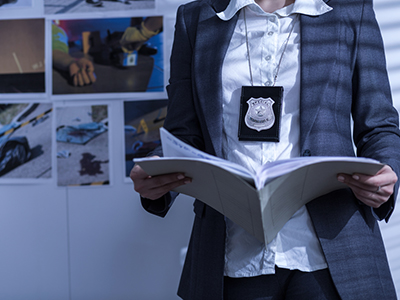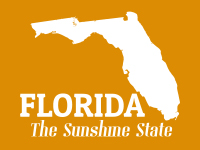What happens when trade secret protections collide with laws granting public access to government records? This question took center stage in a recent case involving the Seattle Police Department (“SPD”). A federal district court enjoined the SPD from disclosing a software vendor’s allegedly trade secret information in response to a reporter’s public records act request. Besides serving as a reminder of the precautions that companies should take when disclosing intellectual property to public agencies, the case also raises interesting questions and strategic considerations. READ MORE
PUT YOUR DOCS WHERE I CAN SEE THEM: Seattle Police Enjoined From Disclosing Software Secrets in Public Records Act Dispute








